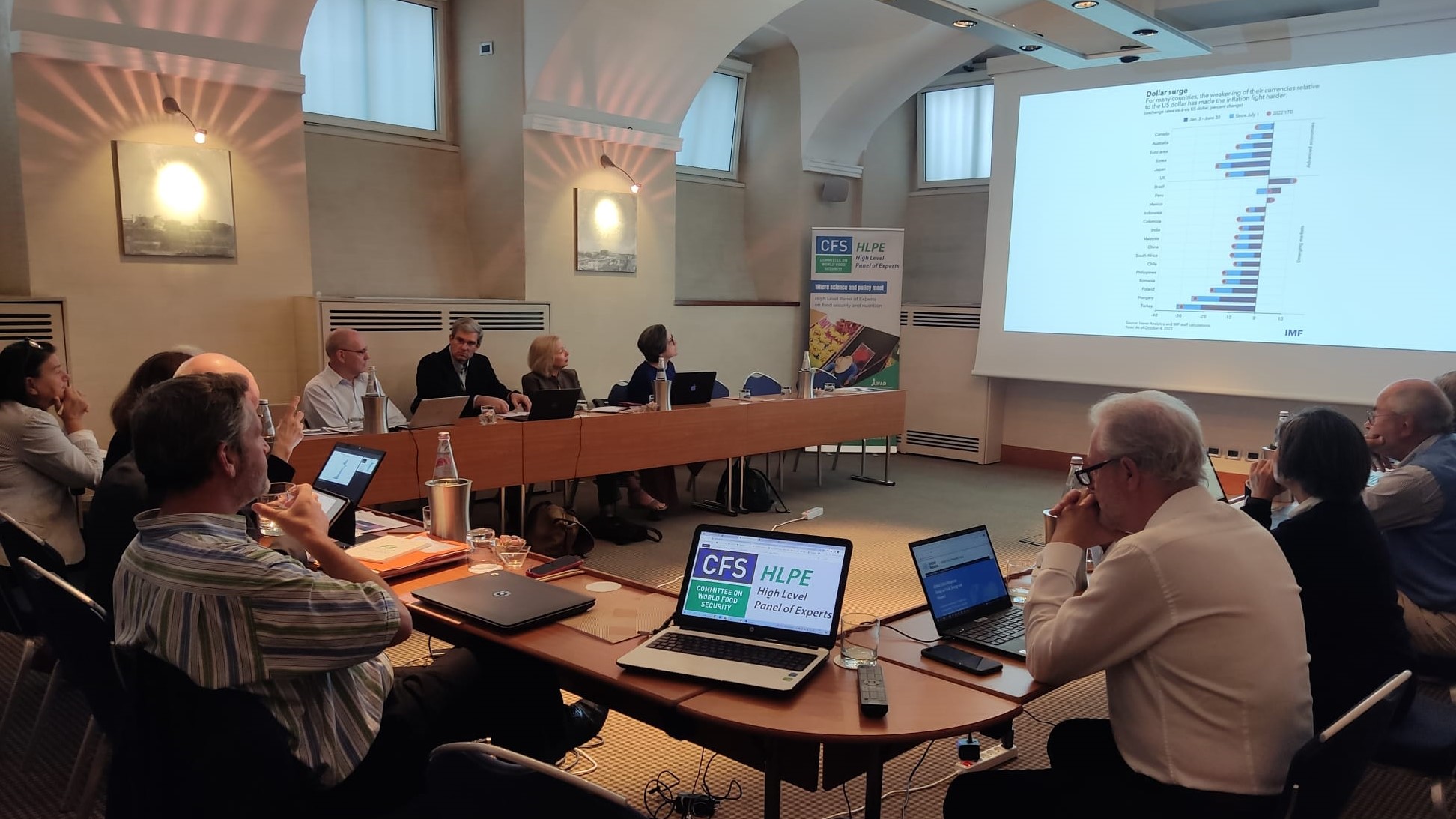
HLPE-FSN reports
©HLPE-FSN
As the world's population reaches eight billion people, the task of ensuring global food security has become even more crucial.
The United Nations (UN) Food Systems Summit, held during the UN General Assembly in New York on 23 September 2021, set the stage for global food system transformation to achieve the Sustainable Development Goals by 2030.
The final statement of the UN Secretary-General at the close of the Summit indicated that no new institutions would be created to address food security matters at the international level. Rather, a Coordination Hub was launched at the start of 2022 to take on essential coordination functions to take on essential coordination functions to bring together existing UN bodies as well as knowledge and expertise from diverse constituencies.
Hence, the UN Food Systems Coordination Hub is mandated to facilitate multilateral dialogues and bring together decision-makers, experts, stakeholders and other partners to discuss the most pressing issues related to food systems.
Find out more about the Coordination Hub
The Coordination Hub will be supported by a collaborative “Scientific Advisory Committee” (SAC). Eight HLPE-FSN experts will participate as members in this scientific committee and support the adoption of a set of interconnected principles — independent, transparent, accessible, consultative and evidence-based — that they refer to as the I-TrACE principles, to make sure that the new group and its procedures are fully legitimate.
Read a recent contribution from several HLPE–FSN experts, published by Nature Food
